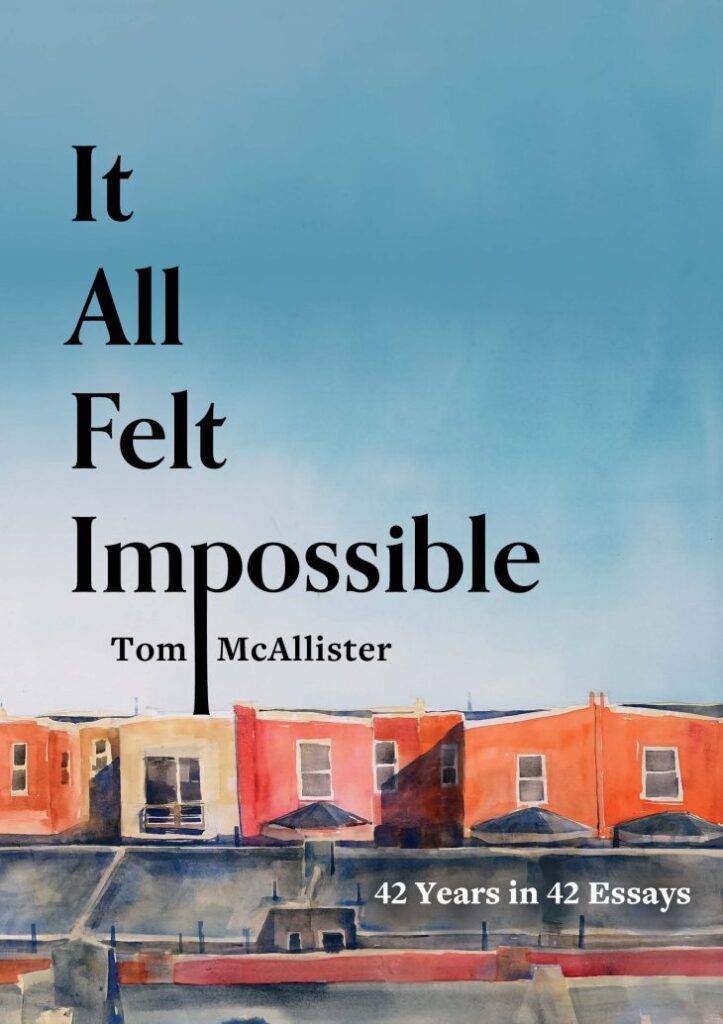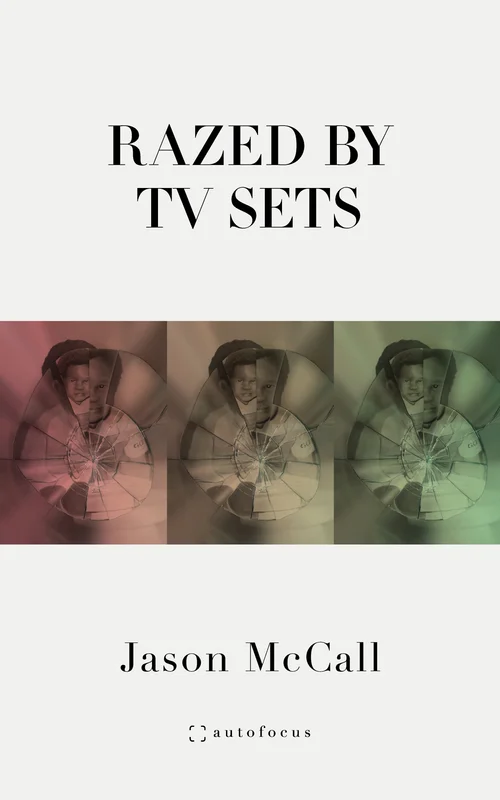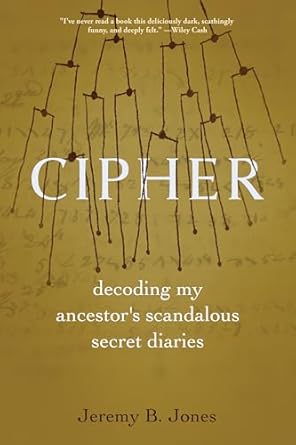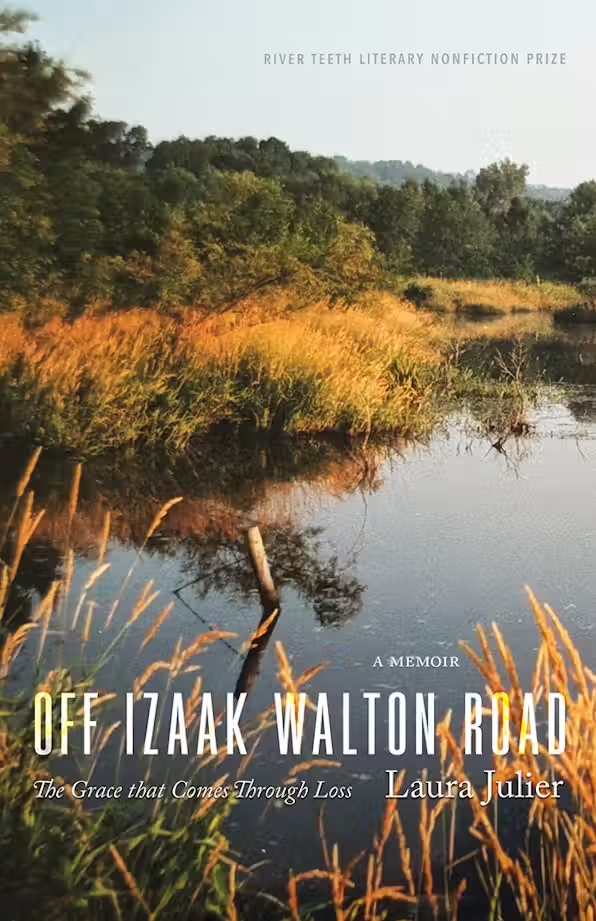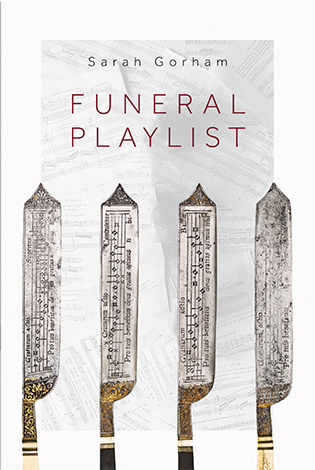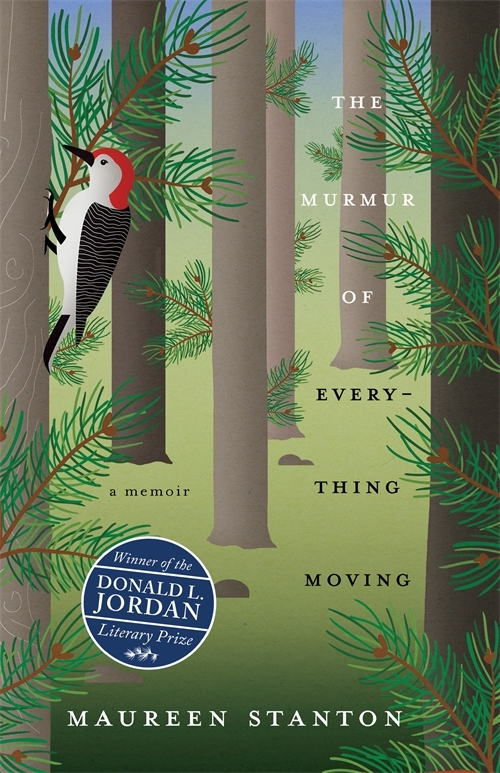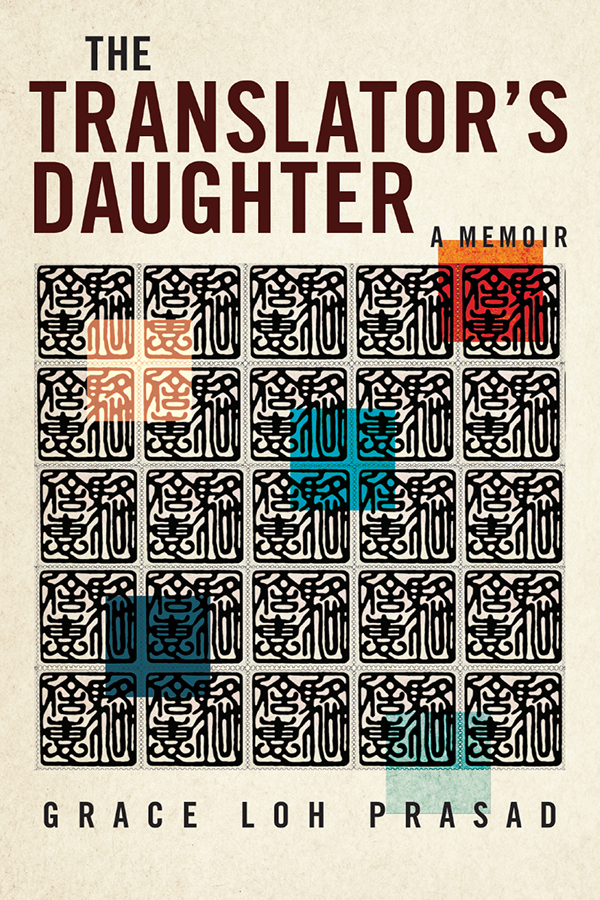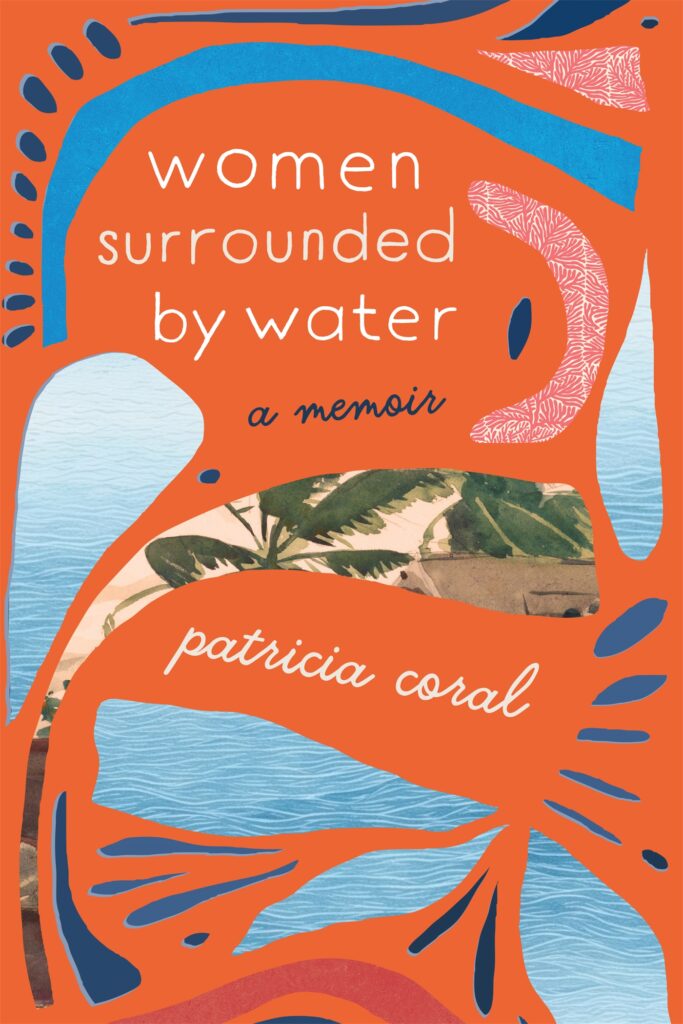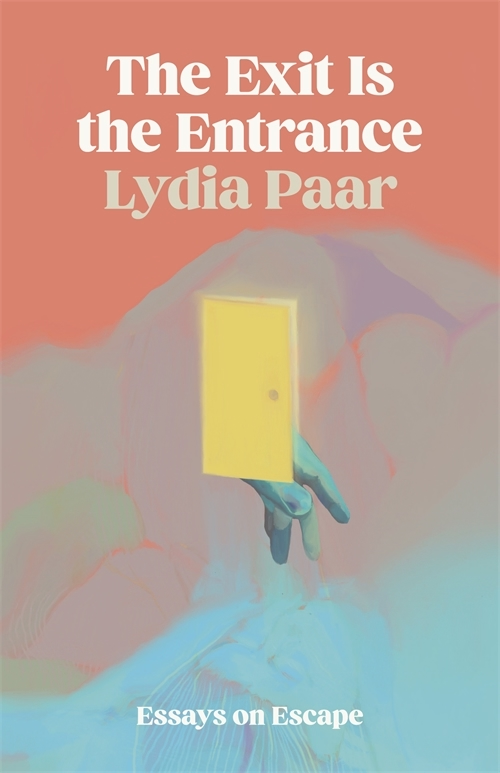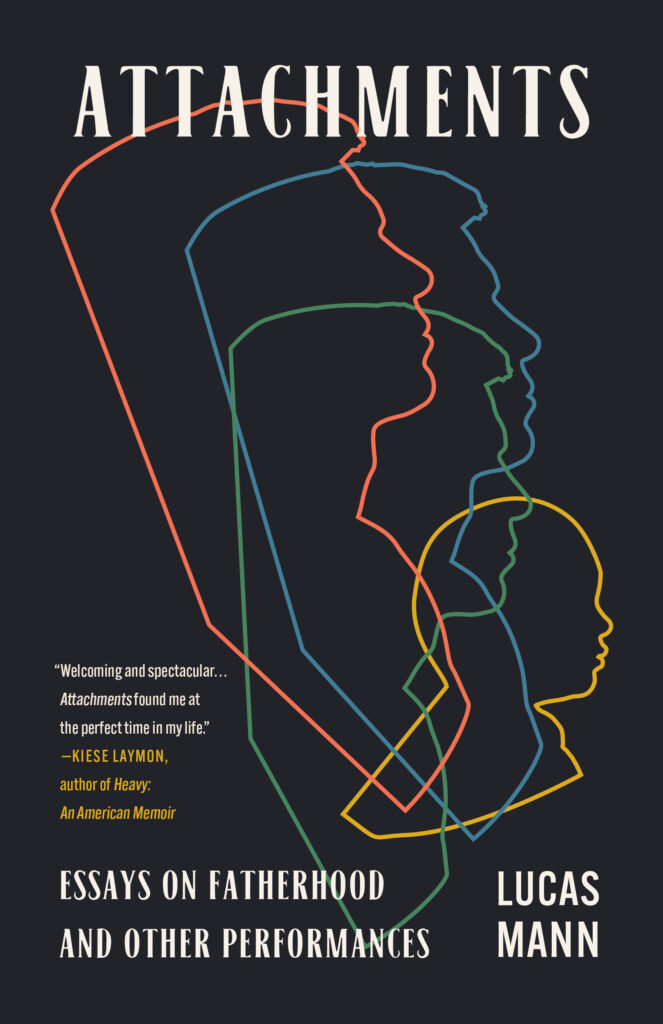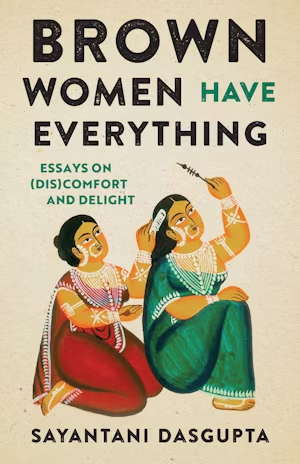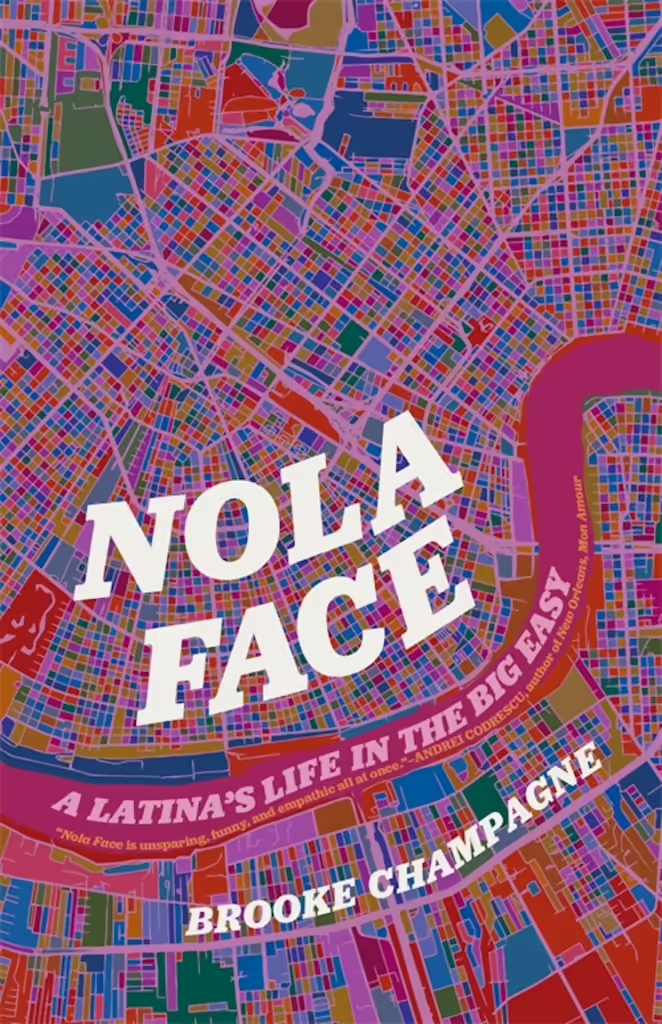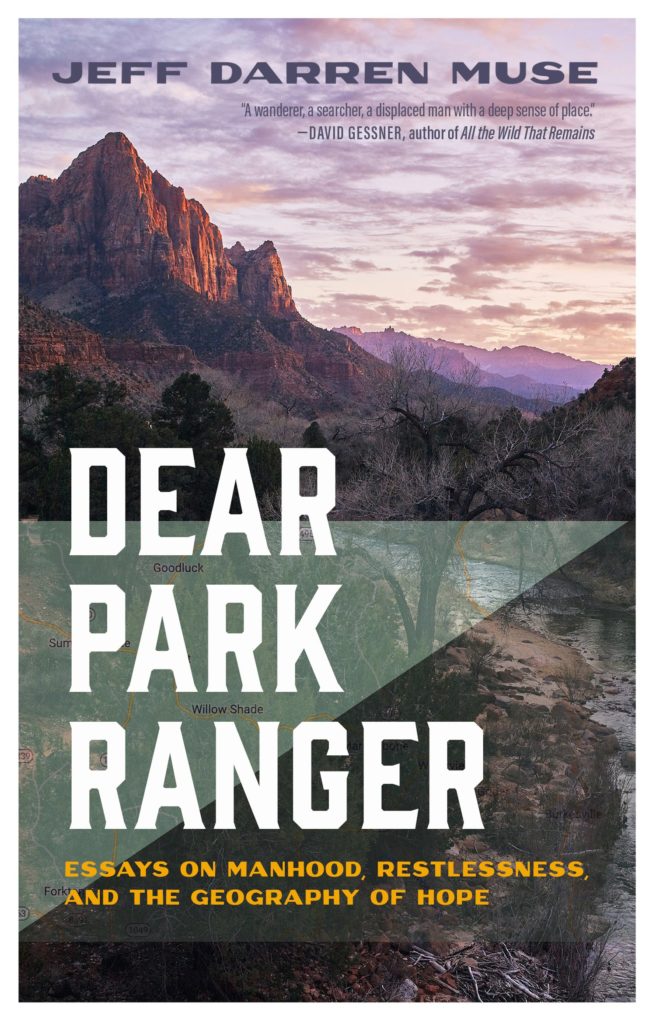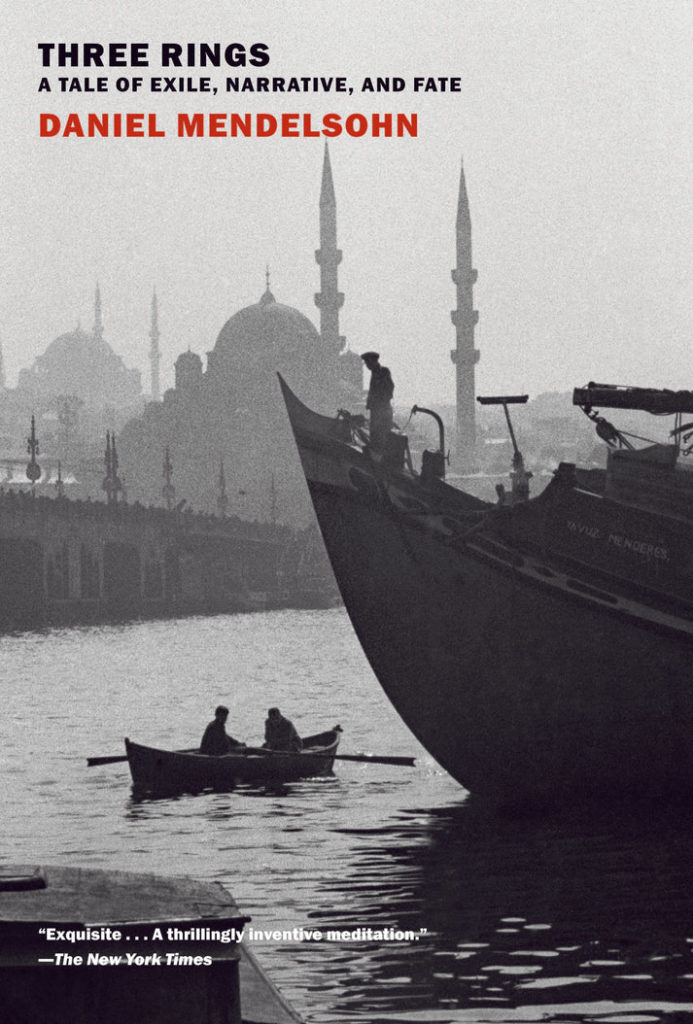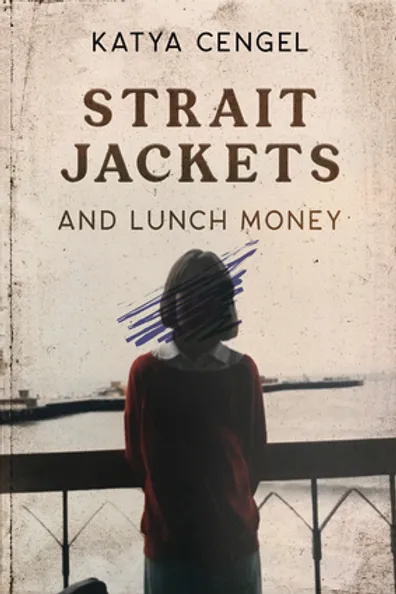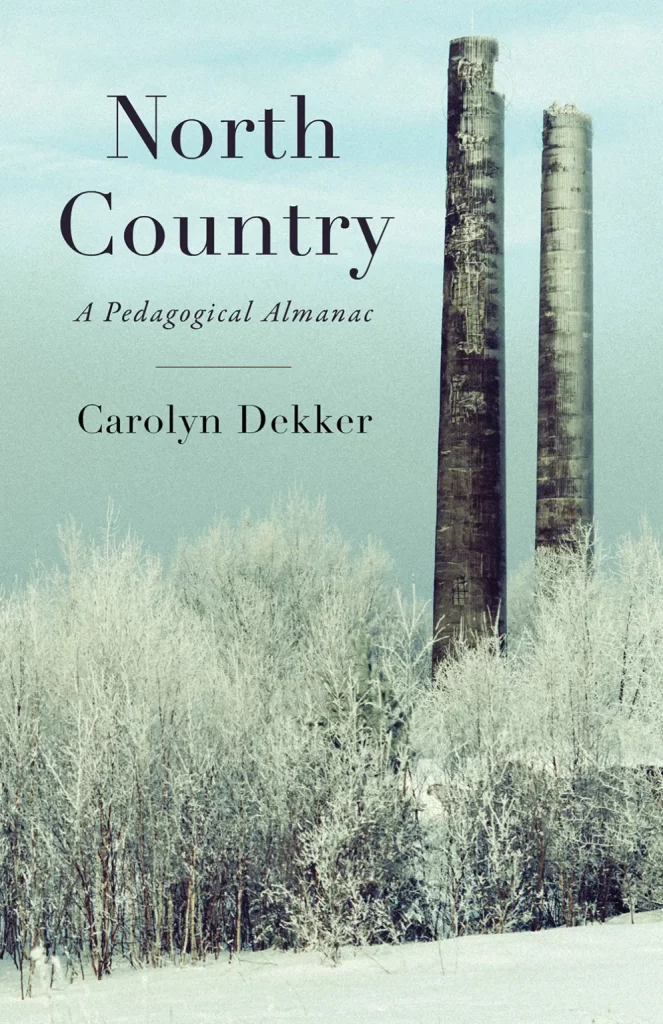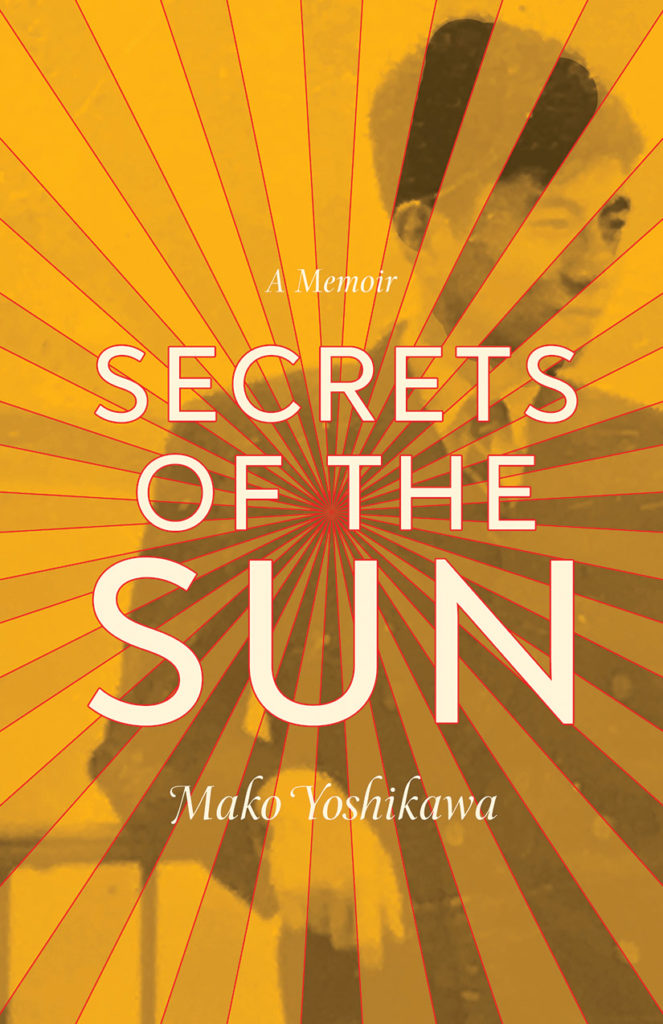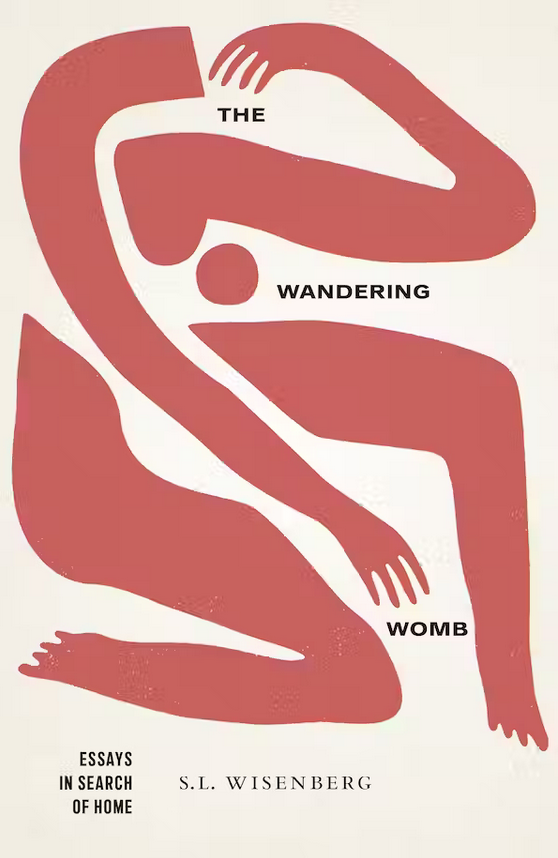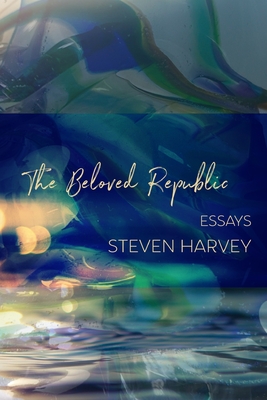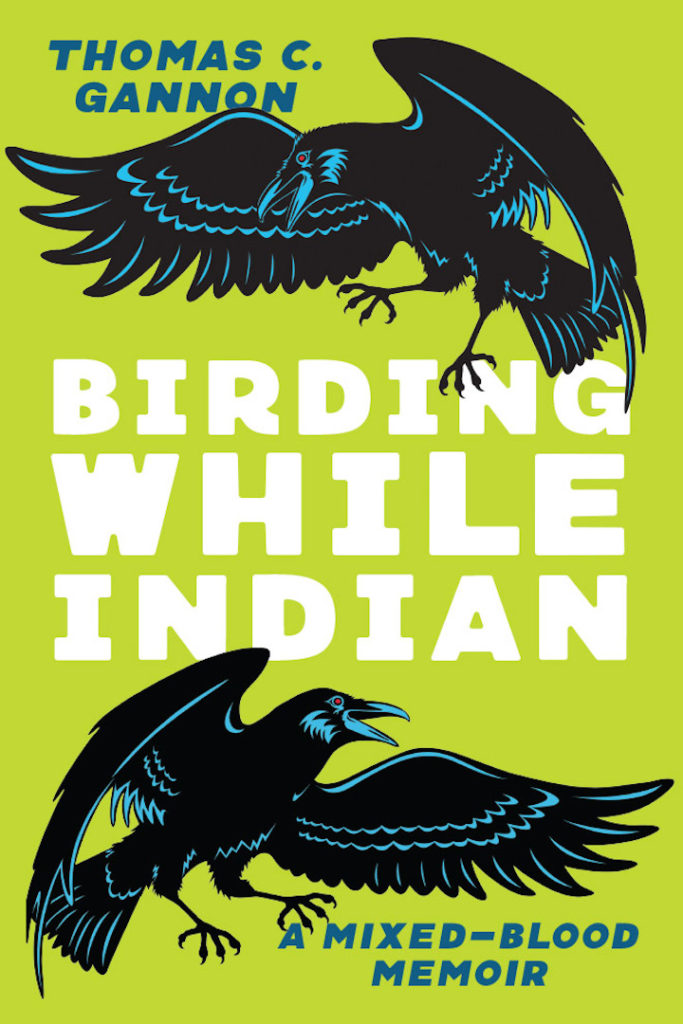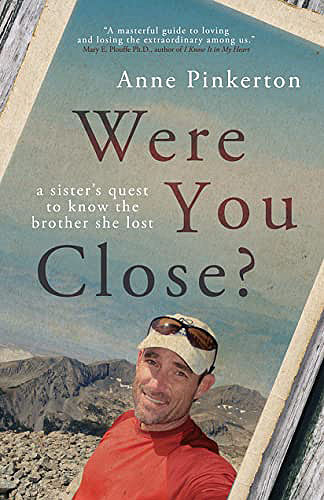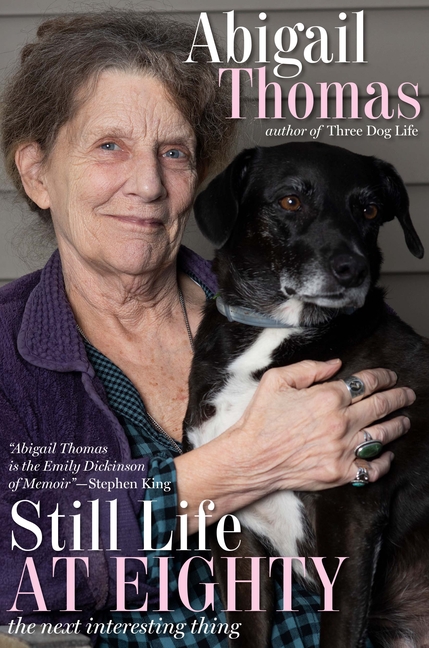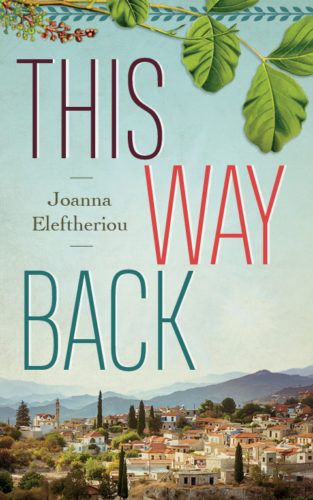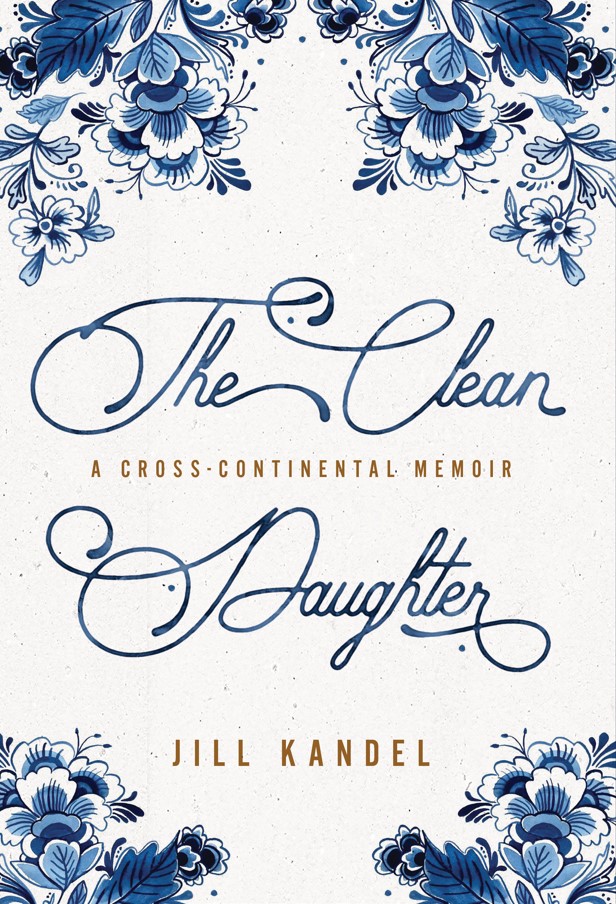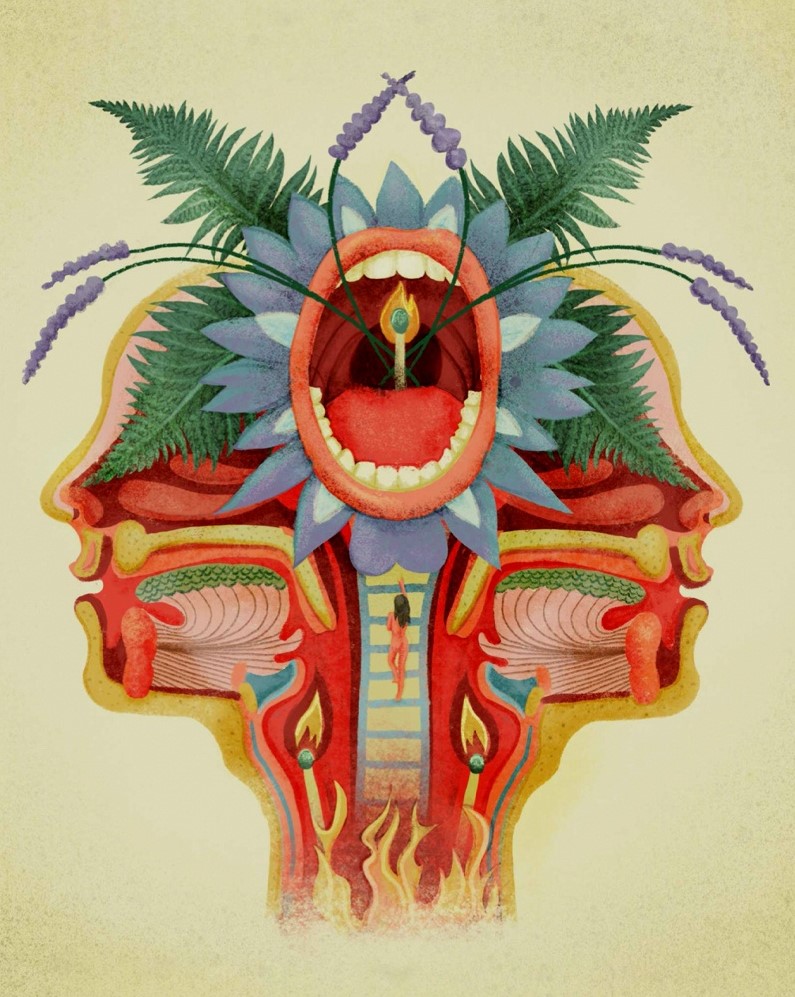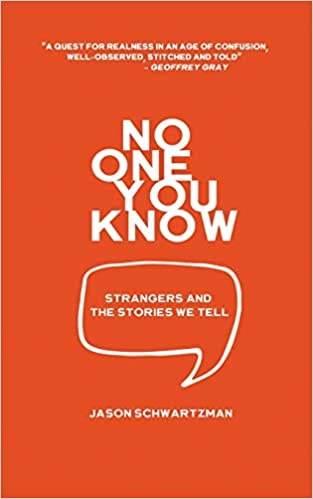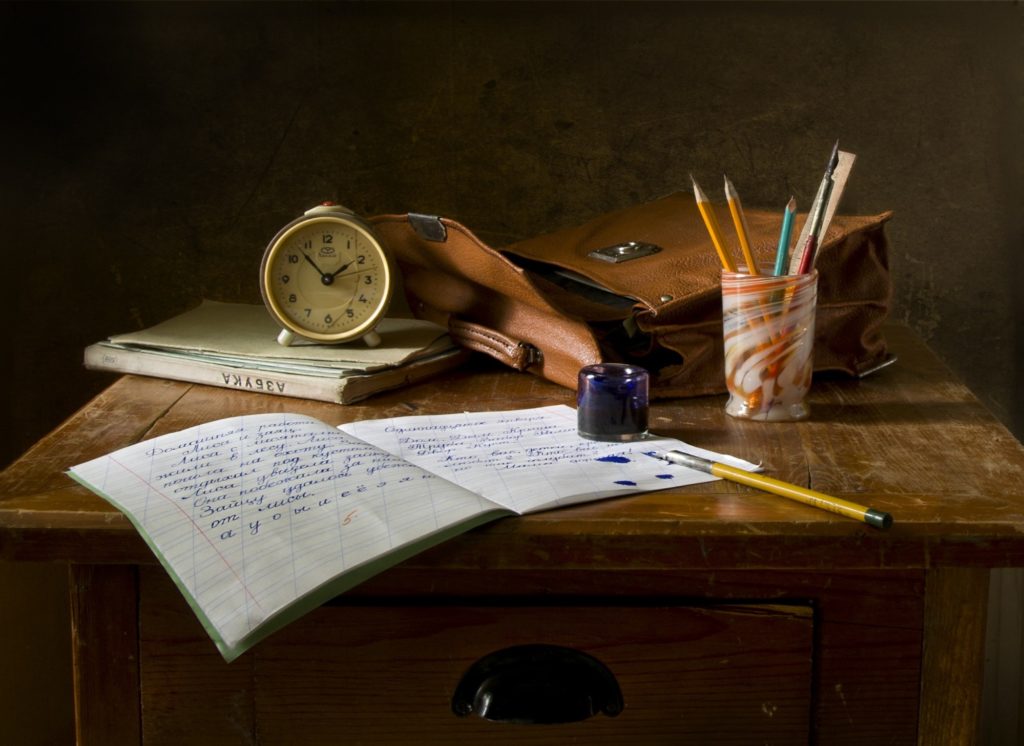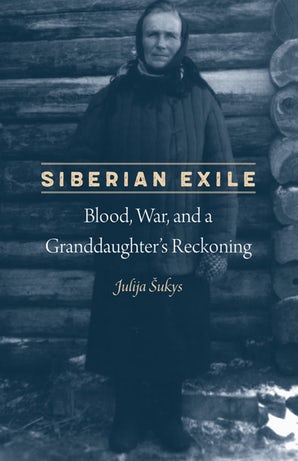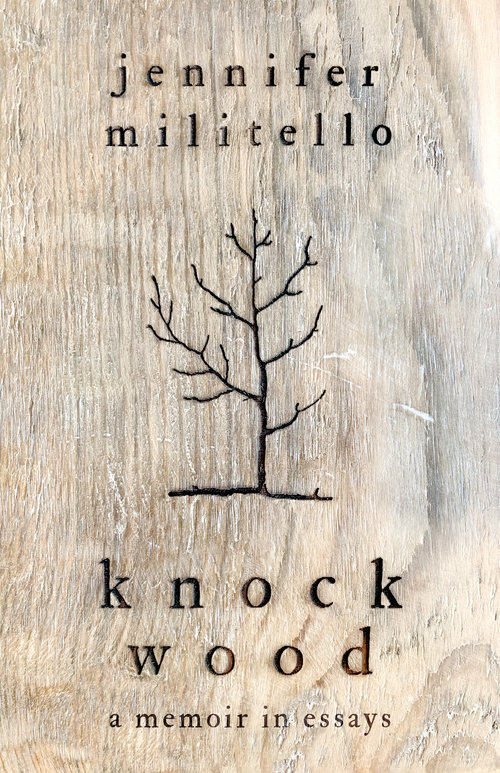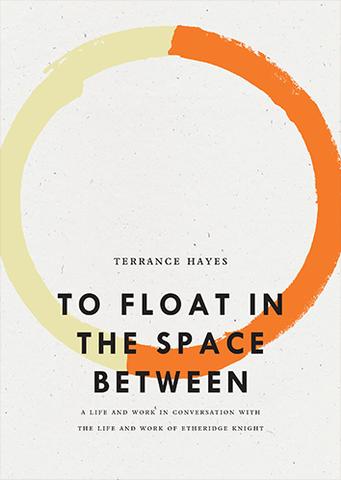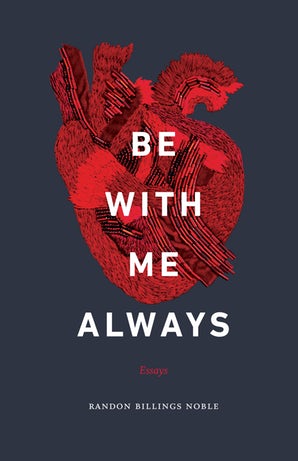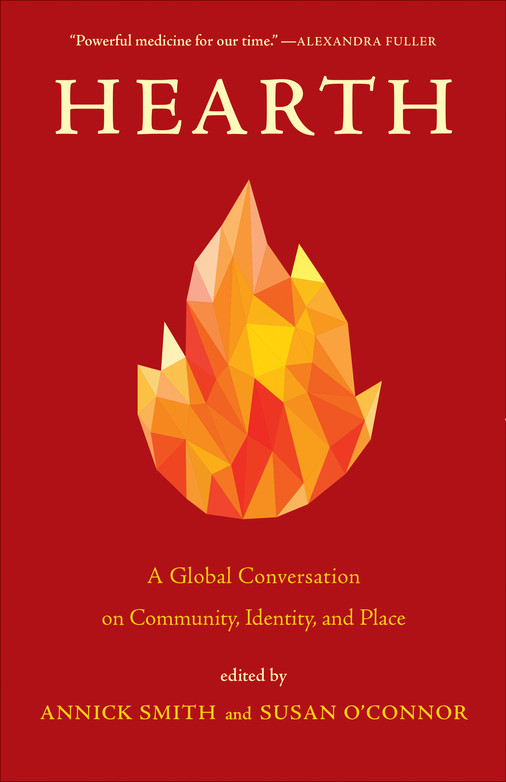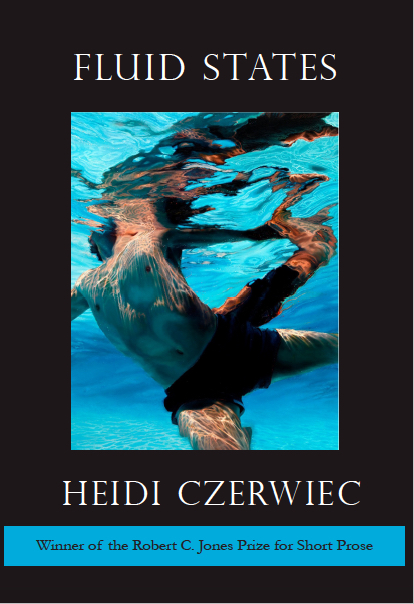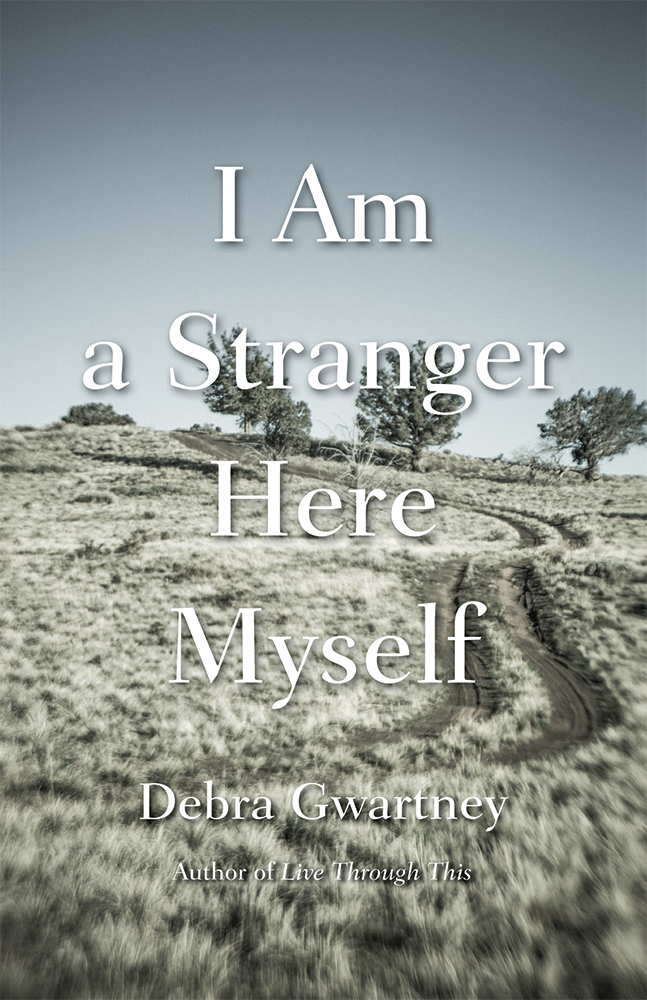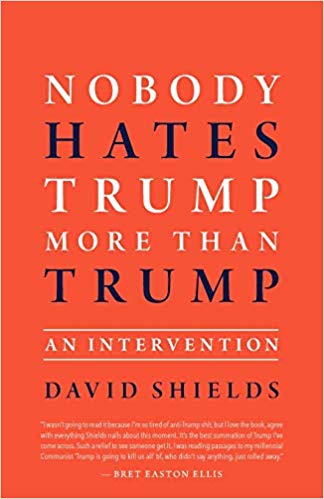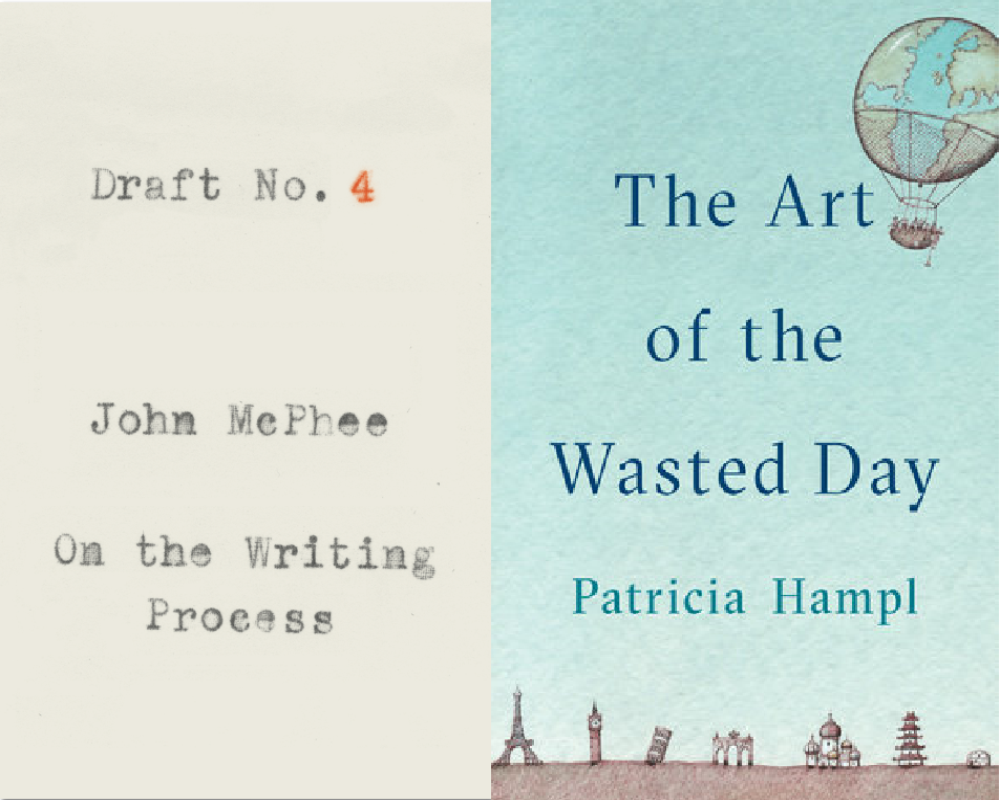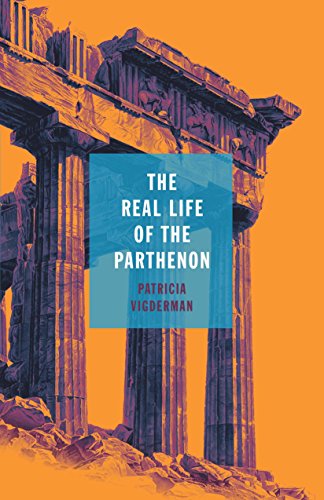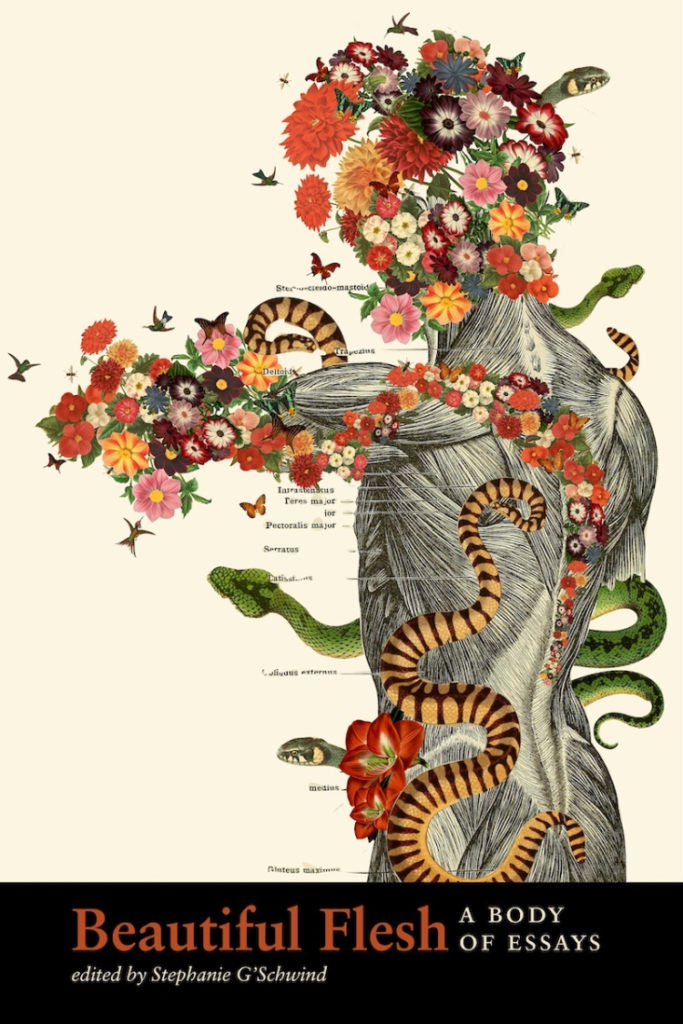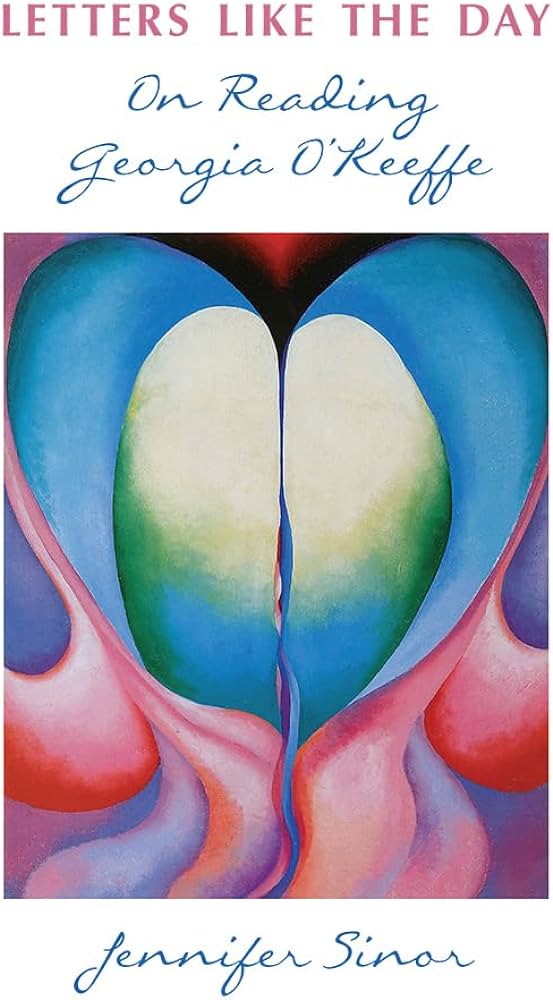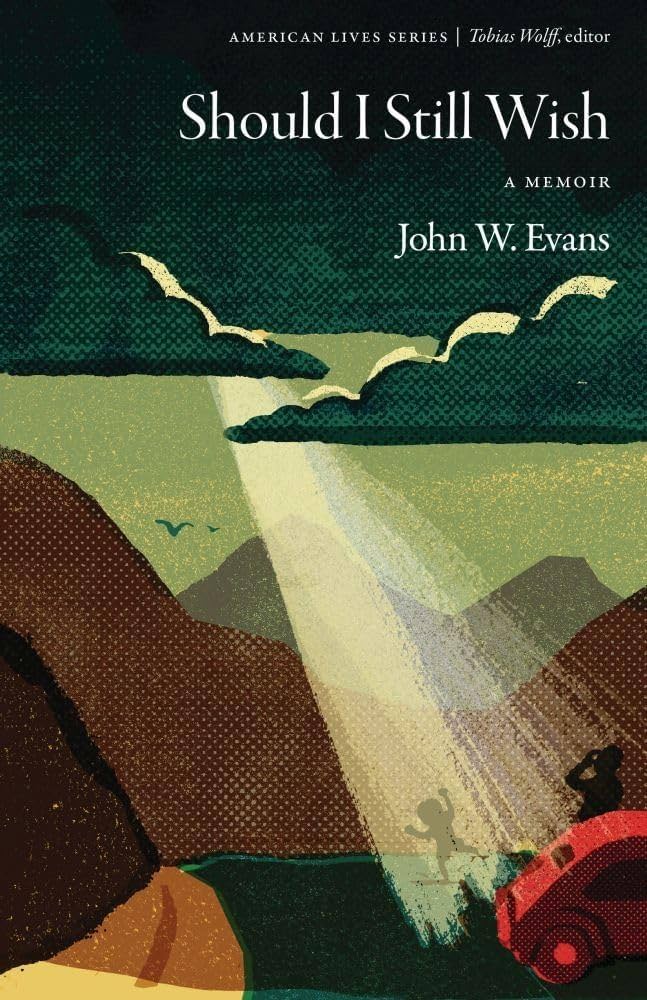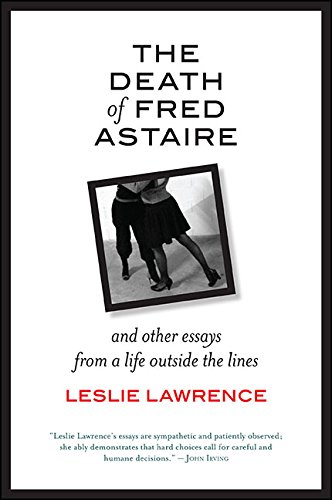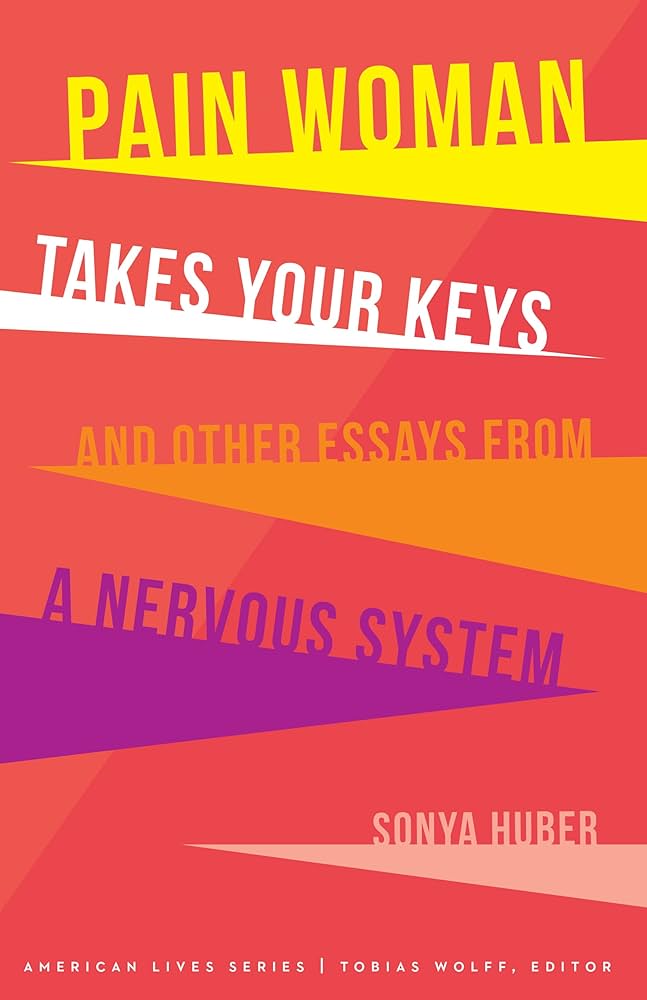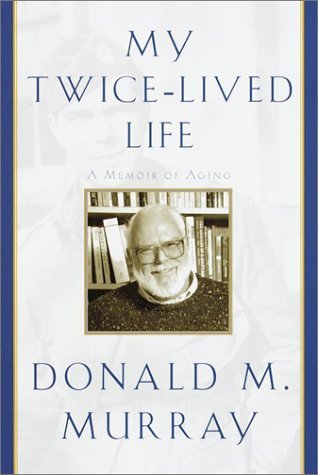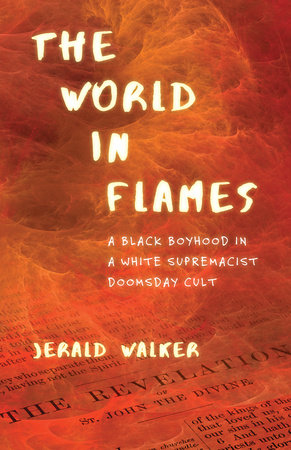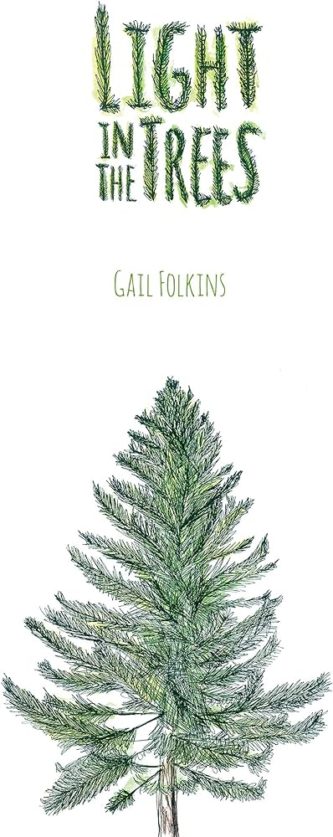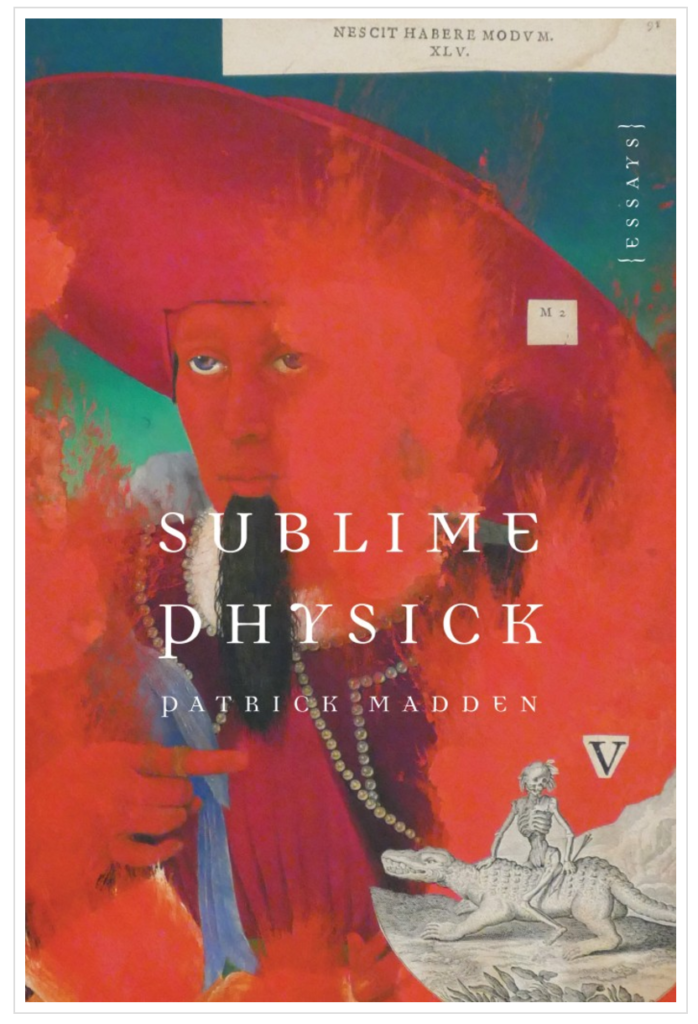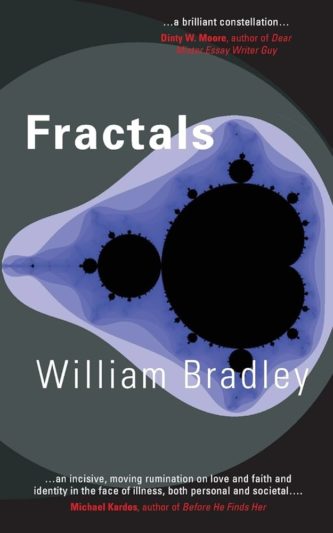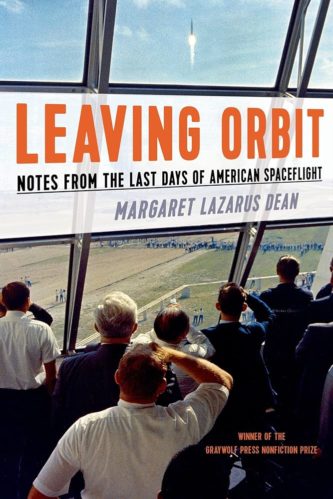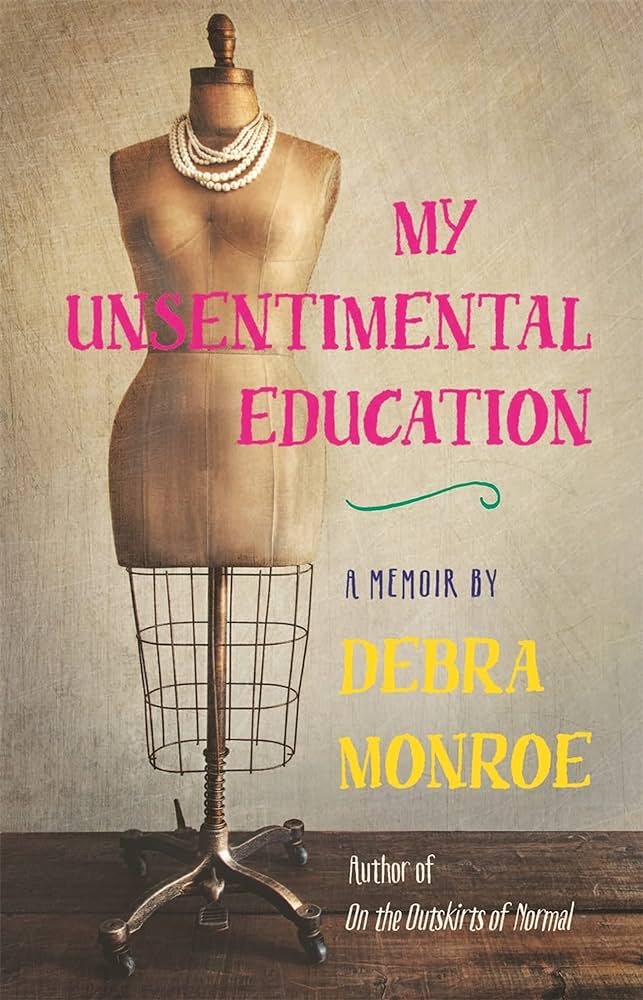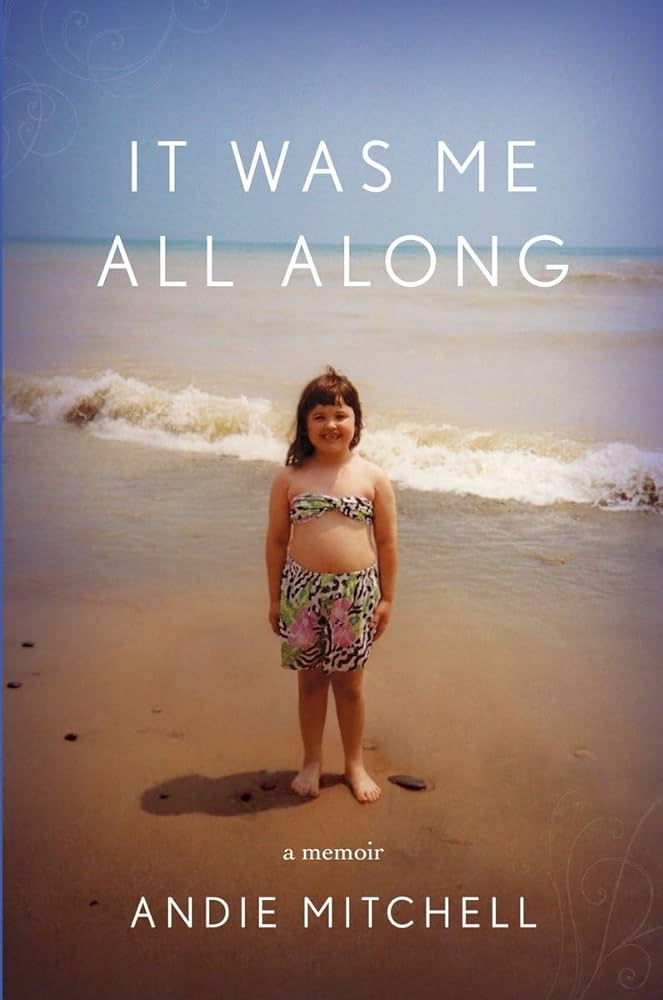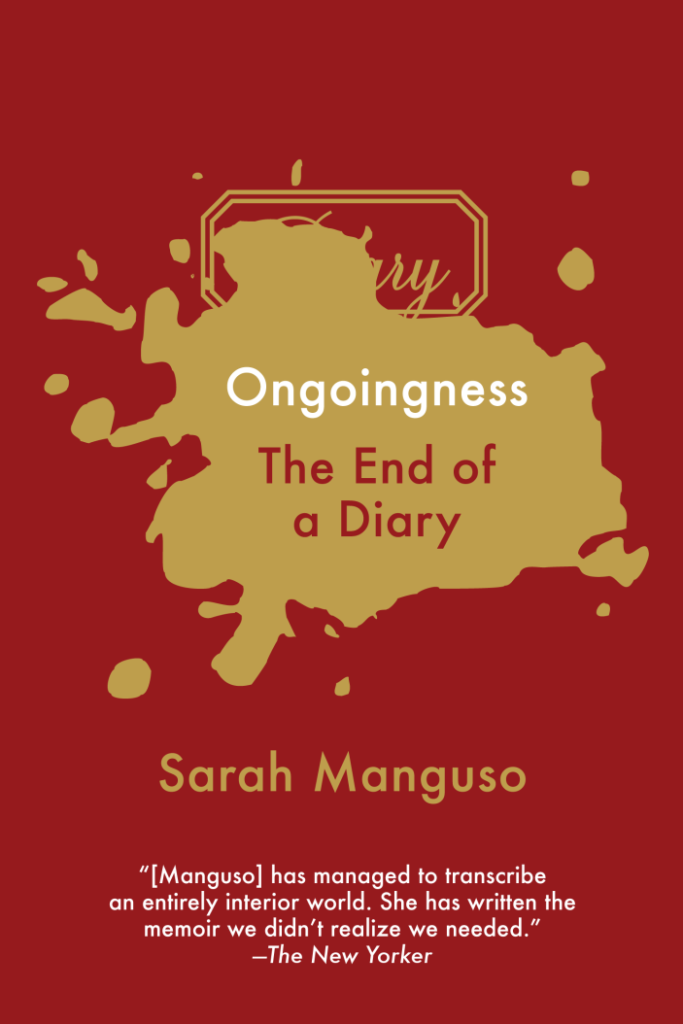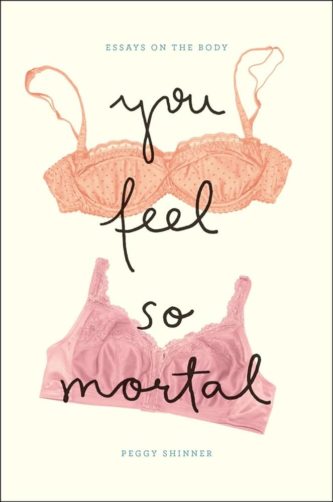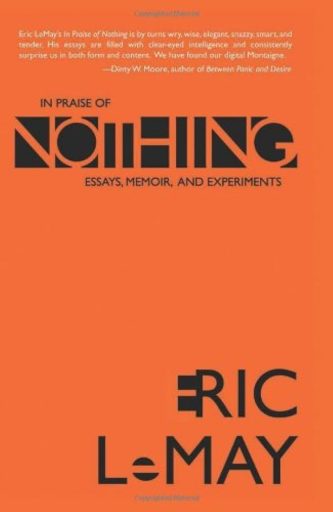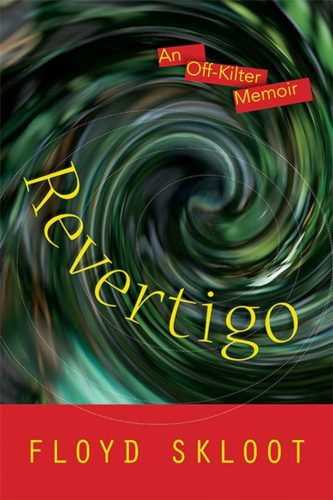By Tarn Wilson
on In the Key of New York City: A Memoir in Essays by Rebecca McClanahan
“I’ve always been a hungry reader,” Rebecca McClanahan writes in her newest collection In the Key of New York. Me too. And I often read as I eat: I gobble. But, as with certain transcendent meals, there are books that, from the first page, ask that I slow down and savor: hold the book carefully, turn the pages mindfully. McClanahan’s memoir-in-essays is just such a book. As I read, I found myself asking what qualities define writing that both enlivens and stills the reader.
Perhaps the sheer amount of time devoted to the work is part of the magic. McClanahan’s essays were written in the 2000s, most in and around 9/11, when she and her husband decided to have a short-lived adventure in New York City and ended up staying for eleven years. A respected essayist, she could have rested on her reputation and slapped together the previous pieces into a book. But she didn’t.
Instead, according to an interview in The Rumpus, the author took a different route:
My process was not just deciding what order to place the essays (almost all of which had been previously published in journals and anthologies) but also revising them so that together they would speak to one another in what I hope are interesting ways. Some of the revisions were substantive, even violent! (I believe in violent revisions when necessary.) In some cases, I sacrificed some of my favorite parts of favorite essays in order to serve the whole book.
In her author’s note, McClanahan also shares the spirit of inquiry she brings to her work: “More than twenty years have passed since my husband and I made our midlife move to New York City . . . This book is an attempt to hold, in this moment, a time and place that changed my life in ways I have yet to fully understand.”
The collection begins with McClanahan wrestling with the disorientation of moving from familiar and friendly North Carolina to the gritty, urban city and trying to find a sense of home and belonging. The essays carry us through the rubble and shock of the first days after 9/11; the more private shock to her marriage when her husband has a brief affair; and her diagnosis and treatment of colon cancer. McClanahan has ordered these essays so their themes and motifs echo and build. This is what I hunger for: Books in which I sense the writer has taken her time to show readers how language and meaning are carefully crafted—especially when language and meaning are refocused via revision.
Likewise, the leisureliness in McClanahan’s writing voice, her asides and trust in the movement of her own mind, help to slow me. Mainstream publishers are often on the lookout for the latest, popular essay voice—usually an amusing, clever, confessional, and self-deprecating persona. Although I often enjoy such collections, they seem to skim the surface of a self: they trace the buzz of a busy mind as it interacts with a busy world, interrupted by the occasional flash of real insight. In contrast, McClanahan accesses a deeper, slower self; a more personal and individual rhythm; a cadence as individual as a heartbeat.
Listen: In her opening essay “Signs and Wonders,” McClanahan, newly arrived, is both appalled and entranced by the city and wonders whether she should stay. One day, after she awakens to the “artillery sounds” of car alarms and jackhammers, she decides to “go to where I always go when I need a sign—to Central Park” where the beauty shifts her consciousness: “and, oh look, a day so beautiful you’d gladly pay if the universe were charging. The leaves on the ginkgoes are falling, gold coins upon gold coins.” She ends with the decision to stay:
Look, there’s a family now, spilling out of my gazebo, with their fishing poles, their buckets and bait, their beautiful, children—black eyes, black hair, dimpled hands—the kind of children you want to touch but you can’t, of course, especially in New York. The little boy is wrestling a bright red carp . . . Don’t they know it’s against the rules posted all over the park? Catch and release. Look but don’t touch. Enjoy for the moment, then let it go—the fiery carp, the brilliant day, the black-eyed children with the dimpled hands, the coins on the ginkgo trees swirling down. Our lives are sublets anyway, and too quickly gone at that. And what better place to live out our leases.
The passage reads as if McClanahan is writing in a reverie, surprising herself, unearthing rather than forcing metaphors, which gives her voice vitality. At the same time, McClanahan, a published poet (Deep Light, 2007), has a highly honed lyric craft, and the passage feels polished-like-a-poem, a compelling balance of control and letting go.
Essays, by definition, trace the wanderings of a mind and sometimes reinforce my tendency to intellectualize; McClanahan’s rich use of sense detail, though, welcomes me back into my body. In her sublet, we are washed with sounds: “the squeak of the faucet and the bump of the ancient water pipes” and “water, miraculously converting to steam from a huge boiler in the basement, then snaking up, up, through the five stories of hidden pipes, to emerge as heat that hisses through a radiator.” She lets me hear “the lascivious cooing of the pigeons that roost, and sometimes mate, on the air conditioner.” Her sensuous descriptions invite natives to see their city anew and those of us who know New York mostly through books and film to meet a city more specific, real, embodied than the one in our imaginations.
Her themes, likewise, are not merely intellectual, but vulnerable, human—our essential loneliness and longing for connection. Naturally, McClanahan, new to the city, is lonely, but we soon learn that she has touched loneliness before. She reflects on what drove her to a difficult affair in her youth: “my loneliness was mute, wordless, feral.” Reflecting on the causes of her husband’s brief betrayal, she recognizes, “Whole continents divided us. Hidden topographies.”
McClanahan is also exquisitely attuned to the loneliness of others, particularly strangers. She befriends the singing gas meter reader. She chats with a homeless man, the one with the frayed dinner jacket, a pigeon on his shoulder, and a baby bird tucked in the inside pocket. She does not turn these characters into charity or metaphors. Instead, she shares moments of genuine, often unlikely, connection. A drunk young man stumbles toward McClanahan, holding out a dying pigeon, and asks what’s wrong:
“Looks like he’s dying,” I say.
“Why?”
“Things die. I’m sorry.”
“I love animals,” he says.
“I’m sorry.”
“I love you, too.”
Connection alone can’t halt death or suffering, her essays tell us, but we can offer, and receive—even in the most unlikely circumstances—tenderness and respect.
Her essays include some high-drama topics: bouts with cancer and infidelity as well as the experience of 9/11 and its aftermath; however, she doesn’t choose to introduce them until the middle of the book. As a result, we are not distracted by the sensational, but instead interpret the events through the lens of her loneliness and her connections. We sense that the small, ordinary moments of our lives—interactions with strangers, our searching for a sense of home, the smells and sounds and sights of our world—carry equal weight to our interior selves.
Here is the last element that makes me want to savor her work: her motives. In one of my favorite essays, “Bookmarks,” McClanahan becomes obsessed with the underlining and marginalia in a book of Denise Levertov poems she has checked out from the library, inscribed by someone who is obviously depressed, perhaps suicidal. “It appears that our hearts have worn down in the same places. Though my serviceable heart mended years ago, hers seems to be in the very act of breaking.” McClanahan wants to “reach through the pages and lead her out through some other door.” She wants to tell the woman what she can’t see: that she is not alone, that those very poems, read another way, offer comfort. “Reading,” McClanahan writes, “is all about sympathy.”
Books, for McClanahan, are not merely an amusing distraction or rigorous intellectual pursuit. They are nourishment. She writes: “When I am in pain I devour books, stripping the words of conceptual and metaphorical context and digging straight for the meat.” That’s what McClanahan offers us in In the Key of New York City: sustenance and companionship for my journey, seeing the world through a different lens than my own. In partnership with readers, the lesson she learns as she recovers from cancer and NYC is this: “We will not have to do this alone.”
In the Key of New York City: A Memoir in Essays by Rebecca McClanahan
Red Hen Press
$14.95 Paperback | Buy Now
Tarn Wilson is the author of the memoir The Slow Farm (Ovenbird Books: Judith Kitchen Select, 2014) about her childhood with her hippy parents in the Canadian wilderness. Her essays appear in Brevity, Defunct, Gulf Stream, Harvard Divinity Bulletin, J Journal, River Teeth, Ruminate, and The Sun, among others. She is a graduate of the Rainier Writing Workshop and a high school teacher in the San Francisco Bay Area.


